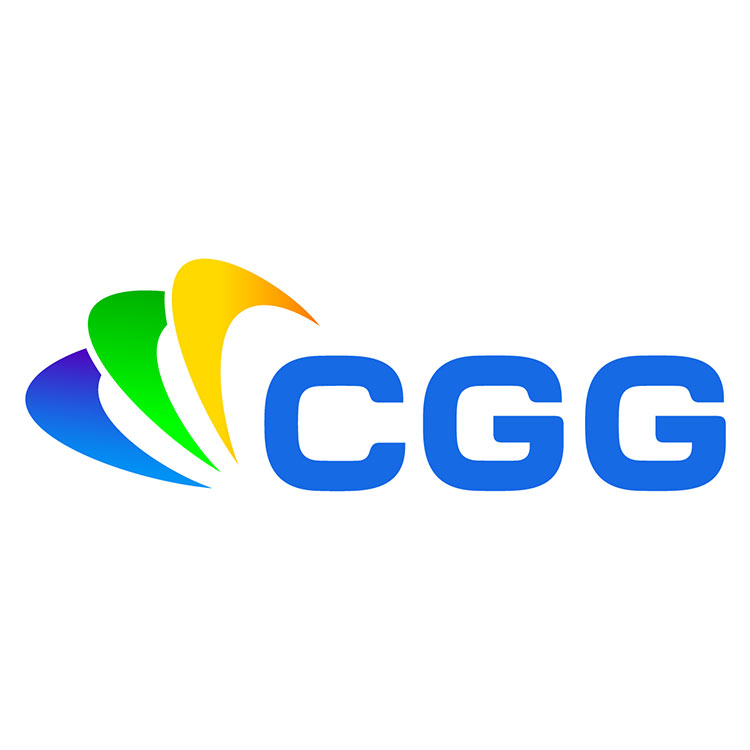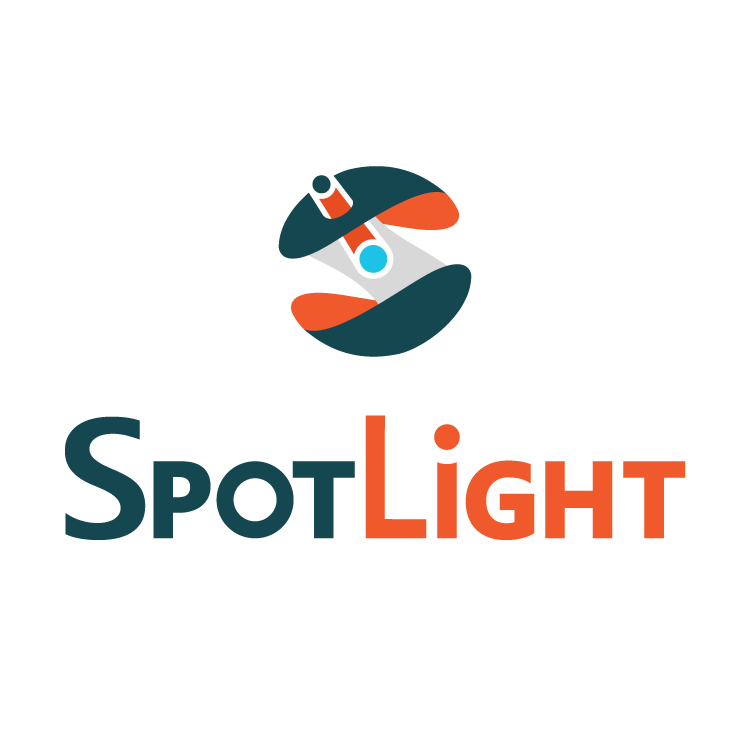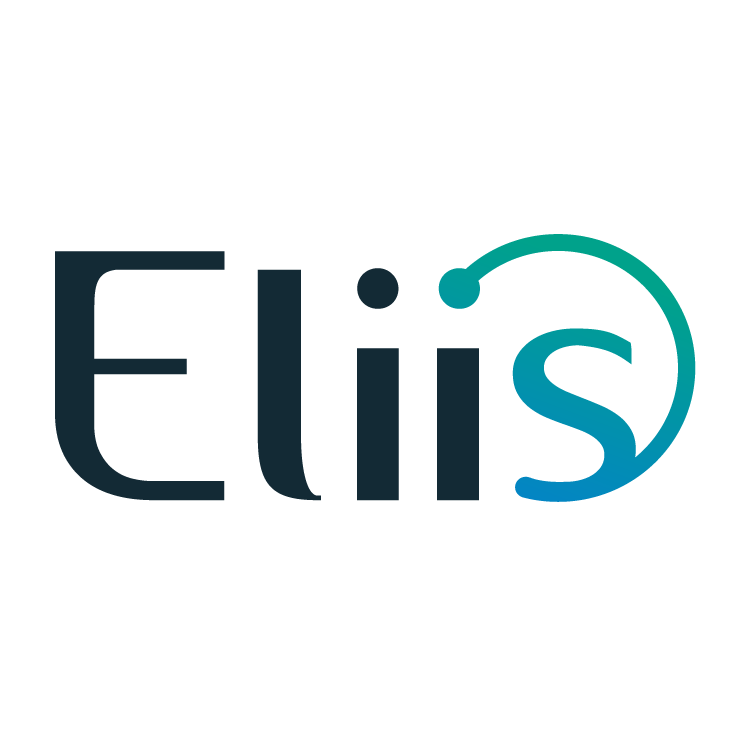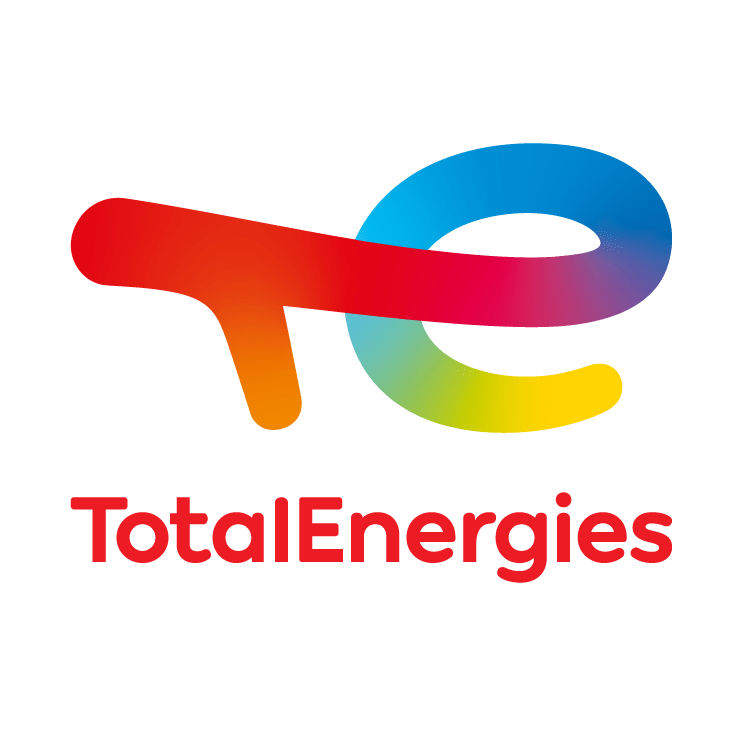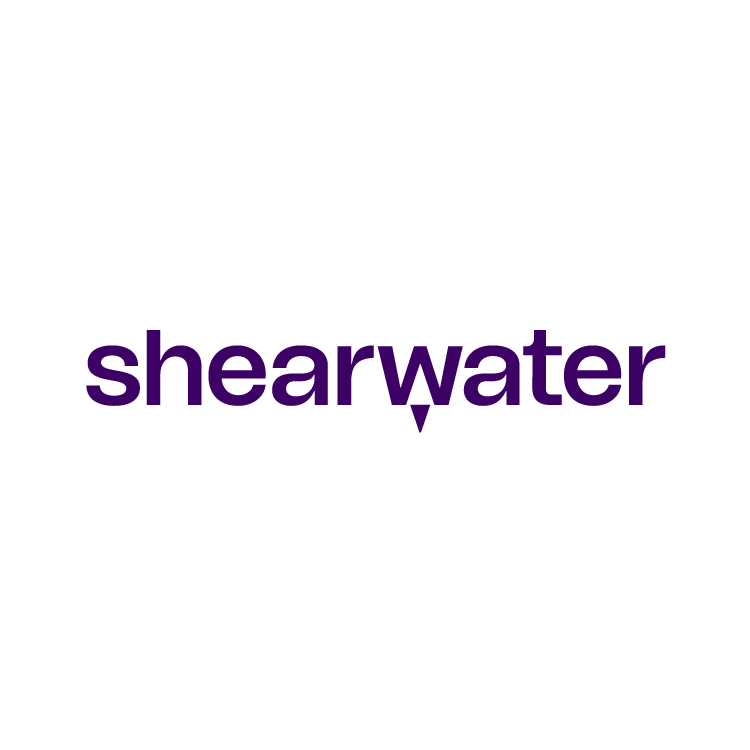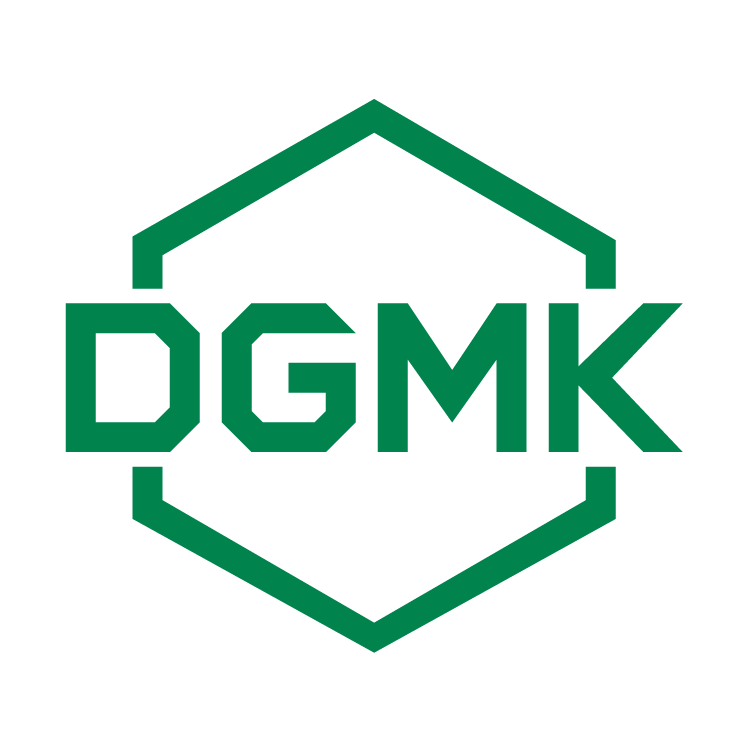Short Course 6
Short course 6 – 8 Nov – time to be confirmed
Geoscience Communication and Public Engagement
This course will provide expert guidance and hands-on training on how to effectively convey technical geoscience issues to non-technical audiences. Drawing on practical experience from across the popular media landscape, it aims to make geoscience specialists more effective communicators by creating more compelling, impactful science storylines, engaging more effectively with journalists and the wider media, targeting their scientific messaging at those stakeholder audiences most able to effect change, and establishing trusted relationships with the end-user communities they are working with.

Date
8 November 2024
Time
to be confirmed
Location
Convention Centre WTC Rotterdam
Register and start learning now
COURSE OBJECTIVES
The objective of this course is to provide expert guidance and hands-on training on how to effectively communicate technical geoscience to non-technical audiences, with particular attention to the communication of geo-energy issues. Participants will gain:
1. A broad grasp of the theoretical principles and everyday practices of science communication;
2. An improved media literacy and deeper appreciation of how to work with journalists;
3. A practical experience in ‘storifying’ technical science to craft more effective and compelling scientific narratives;
4. A firmer grasp of how lay publics make decisions on complex `and contested geoscience issues;
5. An appreciation of the way that authentic public engagement can build trust with local communities and key stakeholders in energy projects.
Course Outline
1. Introduction to Geoscience Communication (45 min)
• Why should geoscientists communicate?
• The science communication landscape.
• Roles and responsibilities for the geoscience communicator.
• Barriers and benefits of strategic science communication.
Exercise: The Risk Communication Bowtie (45 min)
2. Make and Sell Communications: Geoscience and the Media (45 min)
• Working with journalists and the media
• Lessons from popular geoscience on television
• The importance of audience and framing
• Mind your language – getting free of jargon
Exercise: Half-Life Your Geoscience (30 min)
LUNCH
3. Sense and Respond Communications: The Science of the public (45 min)
• Fast and slow thinking: cognitive biases and heuristics
• The role of subjectivity
• The importance of norms values and beliefs
4. Storifying Geoscience (1 hr)
• The power of stories and storytelling
• Narrative frameworks
Exercise: the ABT Method (30 min)
5. Communicating Contested Geoscience: co-creation with stakeholders and communities (1 hr)
• communication issues in the geo-energy sector
• lessons from fracking and geothermal
• securing the social licence: trust and transparency
• dealing with community outrage
• people-centred strategies for communication
Resolution – Wrap up Q & A (30 min)
Participant Profile
The course is designed for industry practitioners and academic researchers that are interested in conveying the excitement and importance of the Earth sciences to broad audiences or want to translate their technical know-how for communities, stakeholders or policy makers. The content will suit all levels of professional geoscientist but is perhaps more useful for those at an early-career stage, to explore how science communication and public engagement can be part of their strategic technical skillset.
Prerequisites
No pre-requisites required.

